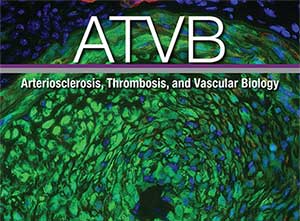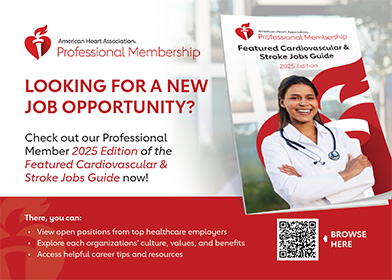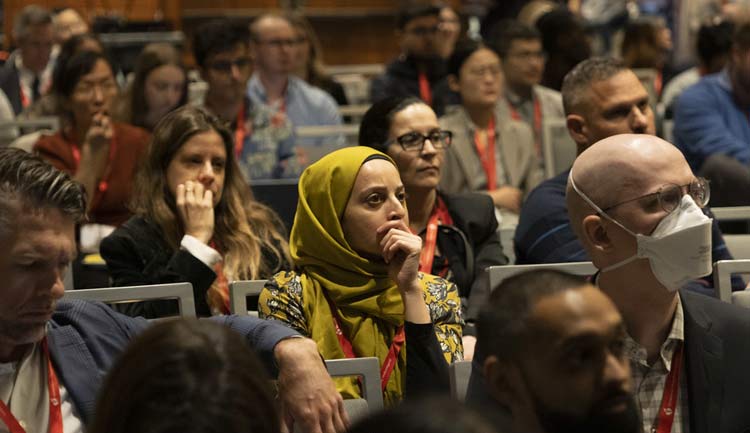Council on Arteriosclerosis, Thrombosis and Vascular Biology (ATVB)
Message from the Chair

Welcome to the Council on Arteriosclerosis, Thrombosis and Vascular Biology! It is my pleasure and privilege to serve as the Chair of the ATVB Council as the American Heart Association marks its centennial and launches into its second century.
Kiran Musunuru, MD, PhD, MPH, ML, MRA, FAHA
Chair, Council on Arteriosclerosis, Thrombosis and Vascular Biology
ATVB Science News
The ATVB Council actively participates in the publication of scientific statements or guidelines that are important to our members. We've included those along with articles or research that cover topics of interest to our members below.

Want to get involved?
The American Heart Association depends on the time and talent of volunteers to help us create a healthier world, free of heart disease and stroke.
Four Days. Global Experts. Limitless Discovery.
Scientific Sessions 2026
November 6–9, 2026
Chicago, Illinois
AHA26 is the global stage for breakthrough cardiovascular science, uniting experts, innovators, and future leader for four immersive days of discovery and collaboration.

Current AHA Research Grant and Funding Opportunities
Grant and funding opportunities are posted throughout the year. Check out a complete listing of current RFPs and apply to fund your research today.

ATVB Journal
The latest and greatest research in the fields of arteriosclerosis, thrombosis and vascular biology.

Women's Leadership Committee
The latest and greatest research in the fields of arteriosclerosis, thrombosis and vascular biology.
Vascular Discovery: From Genes to Medicine Scientific Sessions
May 13–16, 2026Hyatt Regency Bellevue | Bellevue, Washington
American Heart Association Professional Members
Enjoy instant benefits!
- Free Online Access to AHA Scientific Journals
- Affiliate with our 16 Scientific Councils
- Discounts on Scientific Conference Registration and Online Courses





